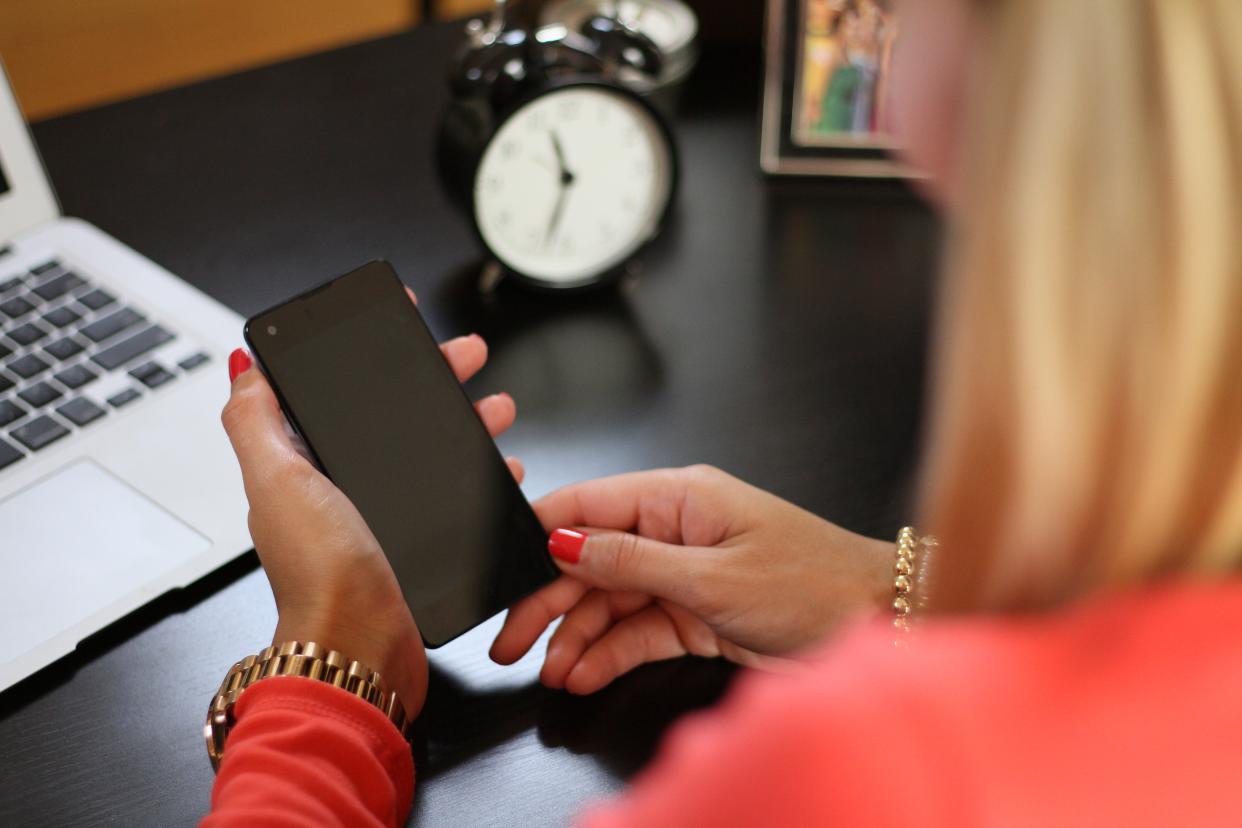UK's 'part-time gender bias' as women account for 65% of roles

The number of women in employment is at its highest rate since records began, but there is still a “part-time gender bias” in Britain, according to a study.
Analysis by thinkmoney has found that women make up two-thirds of all part-time jobs in the UK.
With part-time roles limiting employees’ progression, financial independence and retirement benefits, according to research by the Institute for Fiscal Studies (IFS), on behalf of the Joseph Rowntree Foundation, this is just one way that the gender pay gap continues to exist.
READ MORE: Do you need a pension if you are part-time?
While women in general account for the majority of part-time jobs, mothers who take on part-time work while simultaneously trying to raise their children suffer most. In fact, by the time a woman’s first child turns 20, she is likely to earn a third less per hour than a man, the study suggests.
The research by thinkmoney shows women have more part-time roles than women across all regions. However, the part-time gender bias is more prevalent in the north-east, where women have almost three quarters (71%) of all part-time jobs.
On the other hand, London has the least part-time gender bias. Women in the capital account for 51% of part-time roles, whereas men make up a very close 49%, the data shows.
READ MORE: Student jobs – best-paid part-time roles
The study also found that with more women in part-time work, they “naturally” end up completing more work around the house – such as laundry, cleaning and for some, childcare.
However, this has led to women taking on 60% of all unpaid housework. Each week women spend about 26 hours on this, as opposed to men who complete 16 hours.
If women were to be paid for this housework, they would receive £11,009, the study estimates.

